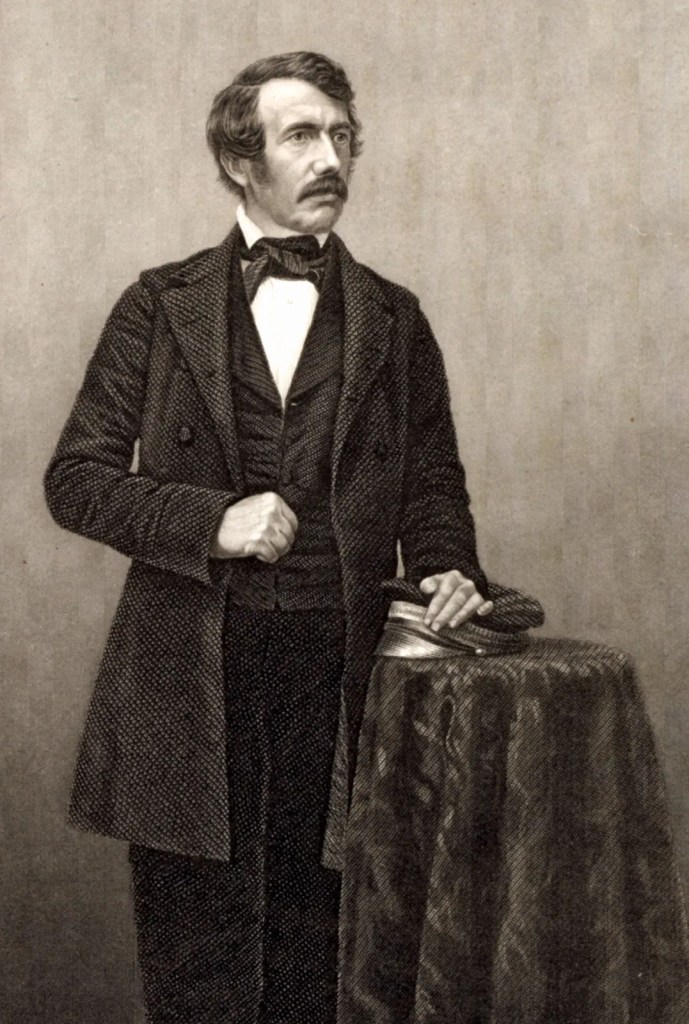


> The Christian Missions Movement is a monumental effort within Christianity aimed at spreading the teachings of Jesus Christ to all corners of the globe. This movement, inspired by the Great Commission found in the Bible (Matthew 28:18-20), has played a pivotal role in the growth and diversification of Christianity, making it one of the most widespread religions today.
✨ Discover FAQs of Faith Mobile App! ✨Looking for a convenient way to access all your favorite faith-based content? Introducing the FAQs of Faith mobile app, your go-to resource that combines insightful and inspiring content from Faith Answers Press LLC into one easy-to-use platform. Whether you’re seeking answers to faith questions, daily inspiration, or spiritual growth resources, our app has it all. 📲 Download now and start your journey! Click on FAQs of Faith
The Christian Missions Movement
Historical Background
The roots of the Christian missions can be traced back to the early disciples of Jesus Christ, who journeyed far and wide to preach the gospel. The Apostle Paul is perhaps the most renowned early missionary, whose travels throughout the Roman Empire helped establish Christian communities in regions such as Asia Minor, Greece, and Rome.
Throughout the Middle Ages, missionaries continued to play a crucial role, with figures like St. Patrick in Ireland and St. Boniface in Germany. However, it was not until the Age of Exploration in the 15th and 16th centuries that missionary work truly became a global endeavor. Missionaries accompanied explorers to the Americas, Africa, and Asia, spreading Christianity alongside European colonial expansion.
Key Figures and Organizations
Several individuals and organizations have been instrumental in the history and success of the Christian missions movement:
- William Carey: Often referred to as the “father of modern missions,” Carey’s work in India during the late 18th and early 19th centuries set the groundwork for future missionary efforts. He emphasized the need for cultural understanding and translation of the Bible into local languages. (Read more…)
- David Livingstone: A missionary and explorer in the 19th century, Livingstone’s travels through Africa brought attention to the continent and inspired many to continue missionary work there. (Read more…)
- Hudson Taylor: Founder of the China Inland Mission, Taylor’s innovative approach to missions, including adopting local customs and dress, increased the church’s influence in China. (Read more…)
- The Jesuits: Founded in the 16th century, the Society of Jesus played a significant role in missionary work, especially in Asia and the Americas. Their focus on education and cultural integration helped them to establish lasting religious communities. (Read more…)
- Wycliffe Bible Translators: Founded in the 20th century, this organization focuses on translating the Bible into every possible language, ensuring that people around the world can read the scriptures in their native tongue. (Visit their website)
Modern-Day Missions
The landscape of Christian missions has evolved significantly in contemporary times. Today, missions are not solely tied to Western countries but have become a more global effort. Churches from Africa, Asia, and Latin America are sending missionaries around the world, creating a more diverse and multicultural missions movement.
Additionally, modern missionaries often focus on holistic approaches to ministry, combining evangelism with social services such as education, healthcare, and economic development. This integrated approach helps build stronger communities and addresses both the spiritual and physical needs of people.
Technology has also revolutionized missionary work. The use of the internet, social media, and digital platforms allows missionaries to reach wider audiences and stay connected with supporters and prayer partners globally. Innovative tools such as audio Bibles and translation apps are making the gospel accessible to even the most remote populations.
Challenges
Despite the successes, the Christian missions movement faces several challenges. Political instability and persecution in certain regions make missionary work dangerous and difficult. Cultural differences and resistance to foreign influence can also present barriers to effective evangelism. Moreover, ethical concerns regarding the impact of missions on indigenous cultures and societies must be continually addressed to ensure that the work respects and uplifts the communities it aims to serve.
Conclusion
The Christian missions movement has been a fundamental force in the spread of Christianity worldwide. Through the dedication and sacrifice of countless missionaries, the gospel has reached myriad cultures and peoples, transforming lives and societies. As the world continues to change, the missions movement will undoubtedly adapt, but its core mission remains the same: to share the love and teachings of Jesus Christ with the world.

Visit our companion site
Discover the Truth About Jesus Christ
Are you new to the Christian faith or seeking answers about Jesus? Visit JesusIsLordBlog.com for insightful articles, compelling reasons to believe, and a deeper understanding of what it means to follow Jesus as Lord and Savior. Start your journey today!
